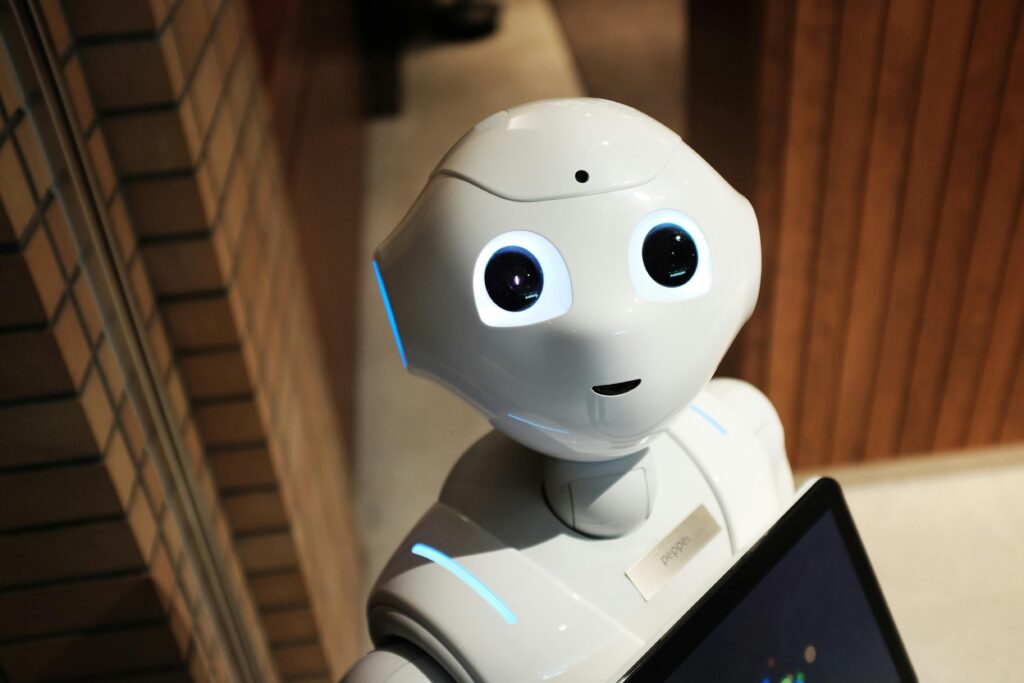Let’s be honest—remote work has changed the game for millions of people. But there’s a new force pushing the boundaries even further: artificial intelligence (AI). And depending on who you ask, AI is either a remote worker’s best friend—or their biggest threat.
So, which is it?
Here’s what the latest research is telling us—and what you can do to stay ahead.
AI Is Supercharging Remote Work
AI is making remote work more efficient by automating the tedious stuff. Think data entry, scheduling, transcription—tasks that used to eat up hours can now be handled in minutes. That shift could actually shorten our work weeks. Professor Naeem Zafar told Newsweek we might be down to a 4-day work week in 5 years, or even 3.5 days within a decade.
That’s a massive win for anyone managing remote work alongside parenting, caregiving, or a side hustle, well for someone like me who ticks all boxes it is truly a big win.
AI Is Creating New Remote Job Roles
Not only is AI changing how we work—it’s reshaping what we do. The World Economic Forum predicts that AI could create 97 million new jobs by 2025, many of them remote-friendly. We’re talking about roles like AI product managers, data analysts, and machine learning specialists—positions that rely heavily on digital tools and collaboration.
TechTarget even highlighted AI product managers as one of the top 10 AI jobs to watch. These roles typically don’t require you to be in-office—just digitally sharp and ready to lead from anywhere.
Collaboration Tools Are Smarter Than Ever
AI isn’t just improving individual productivity—it’s also helping remote teams communicate and engage more effectively across time zones. Take AMS, a global hiring firm that uses generative AI, chatbots, and large language models to maintain 24/7 candidate engagement. Their remote teams stay connected around the clock, even while spread across continents.
And of course, tools like AI meeting transcription and smart assistants (despite hilarious fails like mishearing “quarterly reports” as “quarterly raccoons” are improving how we manage remote conversations and meetings.
But Here’s the Hard Truth: AI Will Displace Some Remote Jobs
This isn’t just hype—there are risks too. Vox reports that over 10% of remote workers could see their jobs automated. Roles like software engineers, editors, financial analysts, and even some types of writers (gulp) are in the AI danger zone.
In fact, a study by Epoch AI found that while 34% of tasks can be done remotely, only 13% of full occupations are fully remote-friendly and safe from automation. That’s a wake-up call for many of us.
But There’s Hope: Adaptability Is the New Job Security
Yes, some jobs will change—or disappear. But the upside? AI is also opening doors to jobs that didn’t exist a few years ago. The trick is to stay ahead by upskilling, especially in areas where AI needs human support: strategy, creativity, ethical oversight, emotional intelligence.
Remote workers who are proactive, tech-savvy, and adaptable won’t just survive this shift—they’ll thrive.
✅ Key Takeaways
| Opportunity | Risk |
|---|---|
| AI automates routine work, making room for creative tasks | AI automates remote-friendly roles like developers, writers, and analysts |
| AI creates new remote roles in tech and data | Over 10% of jobs could be displaced |
| AI improves global collaboration | Over-reliance could impact team culture |
| AI offers more flexibility and better work-life balance | Rapid changes could cause economic disruption |
Final Thoughts
AI is here to stay, and it’s rewriting the rules of remote work. If you’re willing to adapt, learn, and lean into new tools and opportunities, this could be the beginning of a more flexible, fulfilling career path.
At Remote Income Hub, we’re all about helping you Work. Earn. Thrive.—and part of that means preparing you for what’s next.
So whether you’re a freelancer, a remote job seeker, or building your own digital business, this is your moment to evolve, upskill, and take control of your future.

